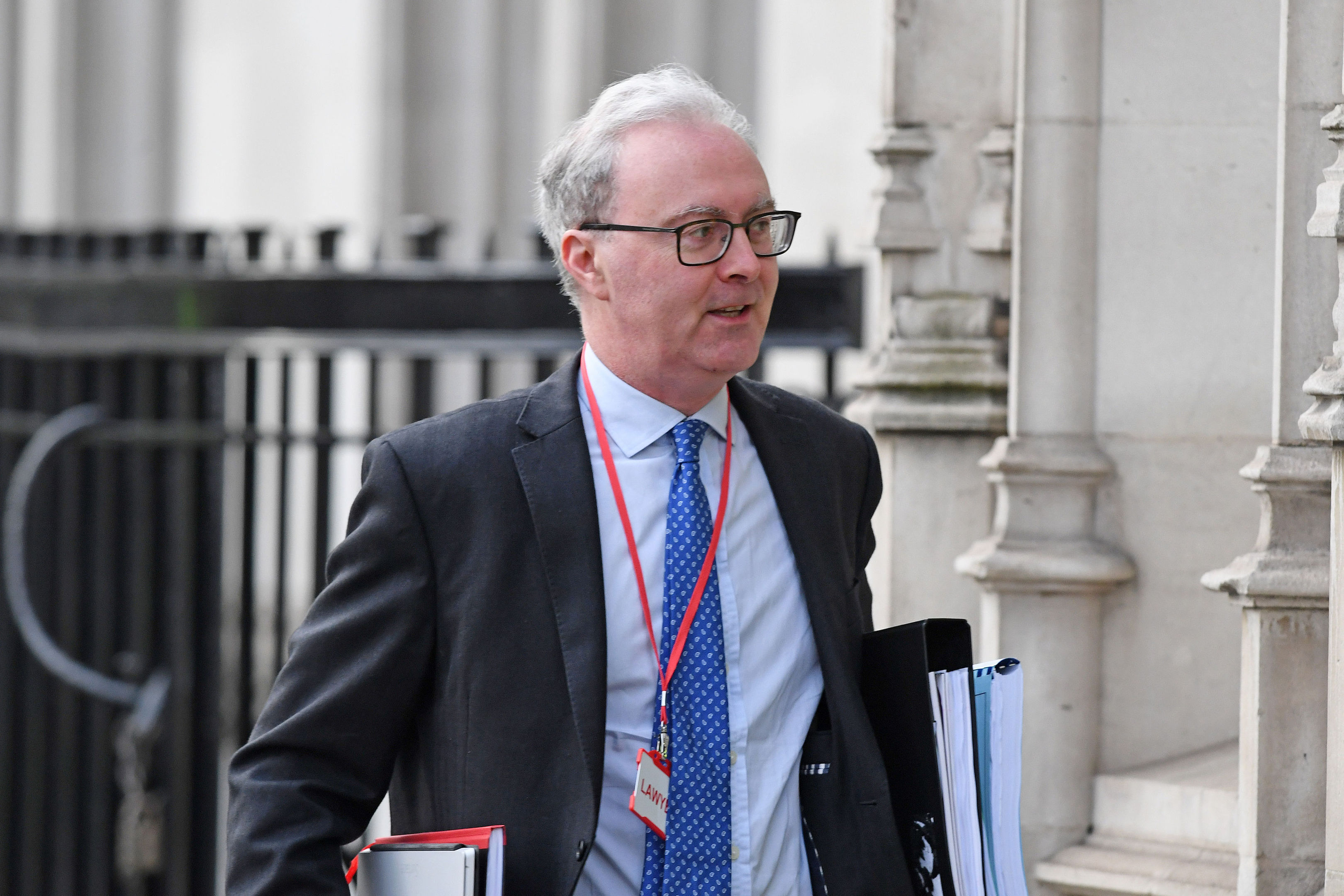
THE Scottish Government spent almost £140,000 on its intervention in the Article 50 case at the UK Supreme Court, figures show.
A response to a written Scottish parliamentary question showed that £128,877 was spent on “external legal fees”, while there was an £800 court fee to intervene in the case.
Lord Advocate James Wolffe represented the Scottish Government at the Supreme Court and argued that the Scottish Parliament was entitled to a vote before EU divorce proceedings begin.
The Supreme Court rejected the argument on devolved administrations while also ruling against the UK Government, forcing MPs to be given a vote on the Article 50 process.
In response to the expenses question, Scotland’s Brexit Minister Michael Russell said: “Given the significance of the case for the UK’s constitutional arrangements, and the effect on devolved competence of notification under Article 50, the Lord Advocate applied to intervene in the cases, and the Supreme Court granted his application.”
Just over £510 was spent on room hire and catering at Supreme Court, while travel and accommodation for Scottish Government officials was £6,230, leading to a total cost of £136,414.
First Minister Nicola Sturgeon was disappointed with the Supreme Court decision and said it raised “fundamental issues” for Scotland.
She pressed ahead with plans for a non-binding vote in the Scottish Parliament where MSPs voted by 90 to 34 against the Brexit process.

Enjoy the convenience of having The Sunday Post delivered as a digital ePaper straight to your smartphone, tablet or computer.
Subscribe for only £5.49 a month and enjoy all the benefits of the printed paper as a digital replica.
Subscribe